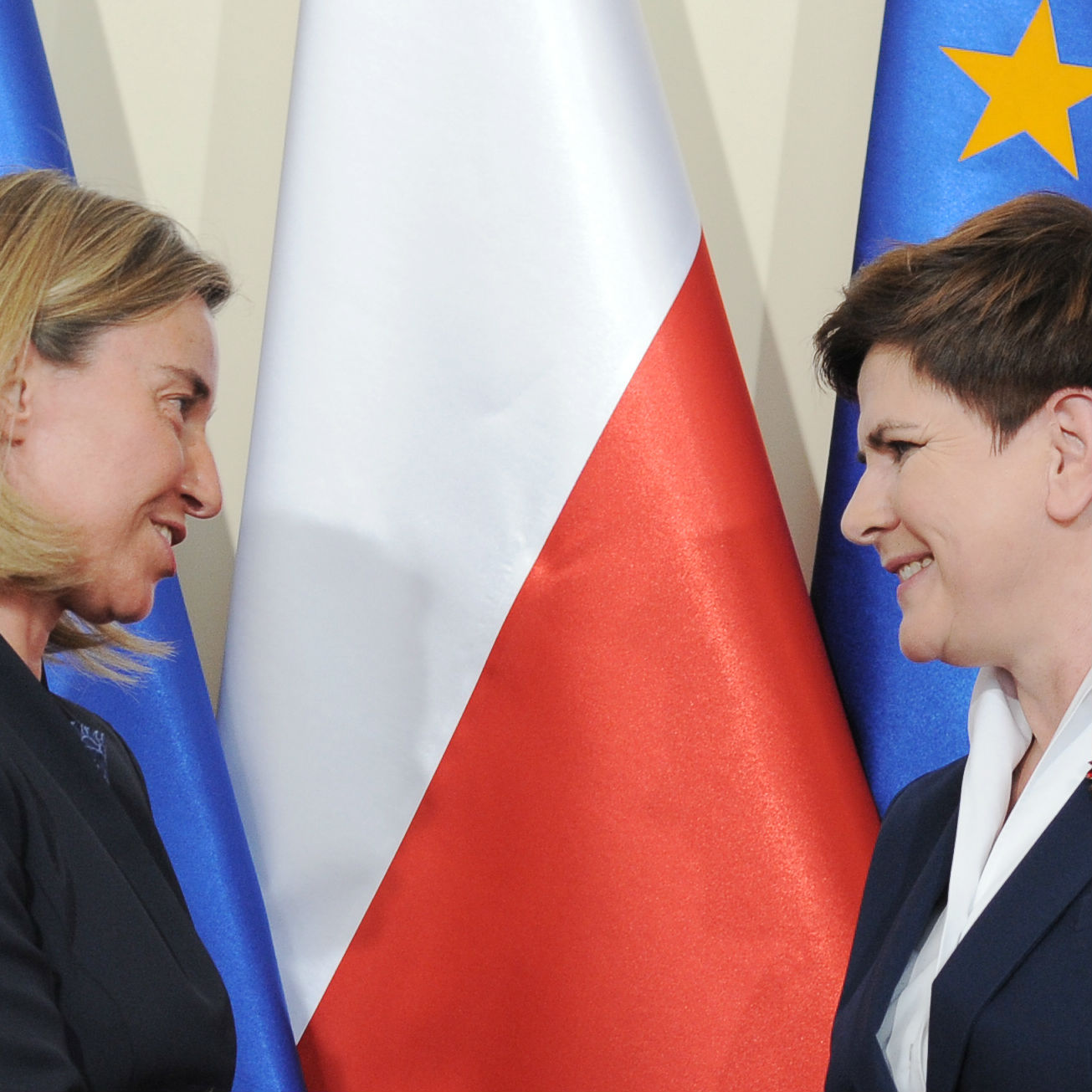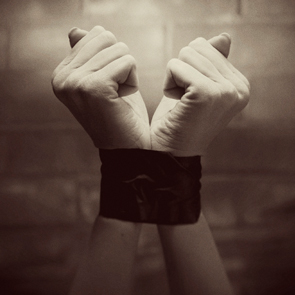The Church must immerse itself in politics when it comes to solving the scourge of human trafficking, the Pope told an anti-slavery summit at the Vatican yesterday.
"There is the saying that the Church should not meddle in politics, but the Church must get involved in greater politics, because - and I quote Paul VI - politics is one of the highest forms of charity,” he told a gathering of judges organised by the Pontifical Academy for Social Sciences.
Combating human trafficking has become one of the central features of Francis’ papacy and he has given his backing to global efforts to eradicate trafficking which has become a multi-billion pound criminal business.
During his speech he called on countries to consider seizing the money made by human traffickers and use them to help victims.
“Perhaps it may help to apply, according to the characteristics of each country, on every continent and in every legal tradition, the Italian practice of recovering the ill-gotten gains of traffickers and criminals and offering them to society and, in particular, for the reintegration of the victims,” he said.
Francis stressed the need for an independent judiciary calling on judges remain free from the pressures of governments and private institutions and “the structures of sin” such as organised crime.
“Without this freedom, a nation’s judiciary is corrupted and corrupting,” the Pope said in his speech delivered at the Casino Pio IV in the Vatican gardens.
The summit was attended by judges and legal experts from across the world including the Director of Public Prosecutions in England and Wales, Alison Saunders, the British government’s anti-slavery tsar Kevin Hyland and Baroness Elizabeth Butler-Sloss, who helped draft the UK’s landmark human slavery bill.
In her speech Ms Saunders explained that last year there had been over 300 prosecutions of human trafficking in England and Wales last year and the number of victims was on the rise. There had, she explained, been a spike in the number of men being trafficked from 39 per cent in 2014 to 46 per cent in 2015.
Mr Hyland said that the Holy See has a unique position as being able to bring people from all over the world to discuss how to combat trafficking while also being in a position to influence policy in a variety of countries.
“The Church is on the ground providing the responses and it also has a strategic as a globally recognised body,” he told The Tablet. “And it’s not just Catholics and Christians that see the Pope as a moral compass but people across the world who see him as someone to look up to.”
He explained how he had recently met with Cardinal Charles Bo of Myanmar and wanted to work more closely with the Church in Asia and Oceania.
The Global Slavery Index estimates that more than 40 million people across the world are victims of trafficking or slavery with the majority forced into slave labour or exploited for sex.
The Church has been trying to combat the scourge and in 2014 the Santa Marta Group to encourage police chiefs and the church together was set up by Cardinal Vincent Nichols in the Vatican.
At the end of the gathering a today a 10 point declaration was signed by Francis and all the participants: these include that countries recognise trafficking as a crime against humanity and that undocumented victims be given temporary residence permits.
The Pontifical Academy for Social Sciences, whose president is English academic Professor Margaret Archer, has had a number of summits on the matter. The academy’s chancellor is Bishop Marcelo Sánchez Sorrondo, an Argentinian who is friendly with the Pope.




 Loading ...
Loading ...